Magis Lecture | Why Do We Need Saints and Miracles?
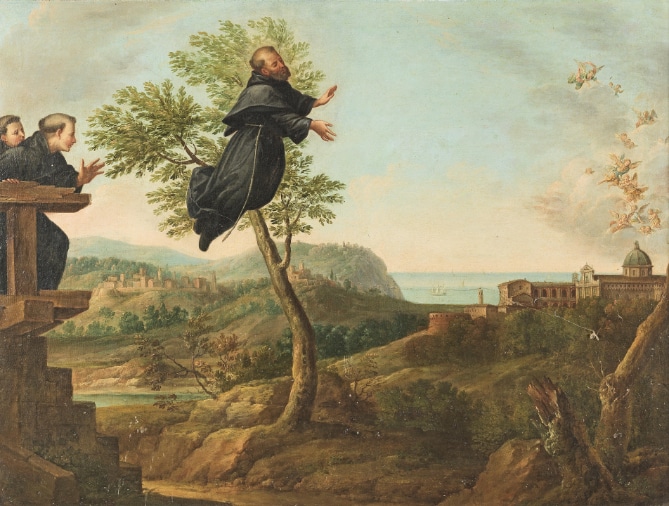
Please join the Lumen Christi Institute, the Bollandist Society, and St. Ignatius College Preparatory School as we welcome the acclaimed Yale scholar, Carlos Eire. Eire’s 2023 book, They Flew: A History of the Impossible, explores how historians have grappled with evidence of miracles during the early modern period, a time marked by scientific advancement and rejection of the supernatural. In this lecture, Eire will take a closer look at the human person – what is it about these supernatural accounts that speaks to the human heart so powerfully?
Inside the Classroom with Fr. Adam Hincks
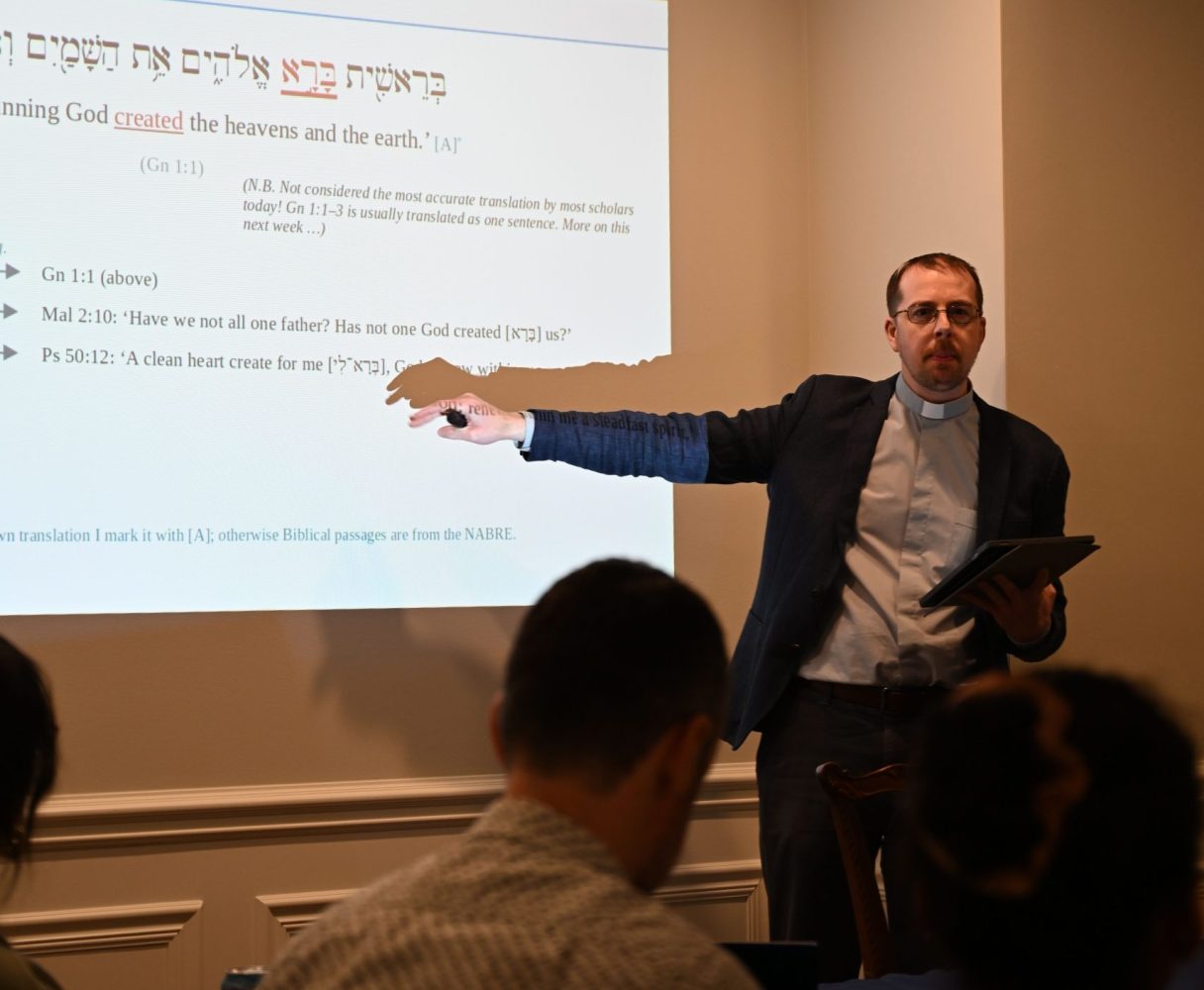
In the winter quarter, the Lumen Christi Institute was honored to welcome Rev. Dr. Adam Hincks, S.J., as scholar-in-residence.
From the Director | Beacon Newsletter, Spring 2025
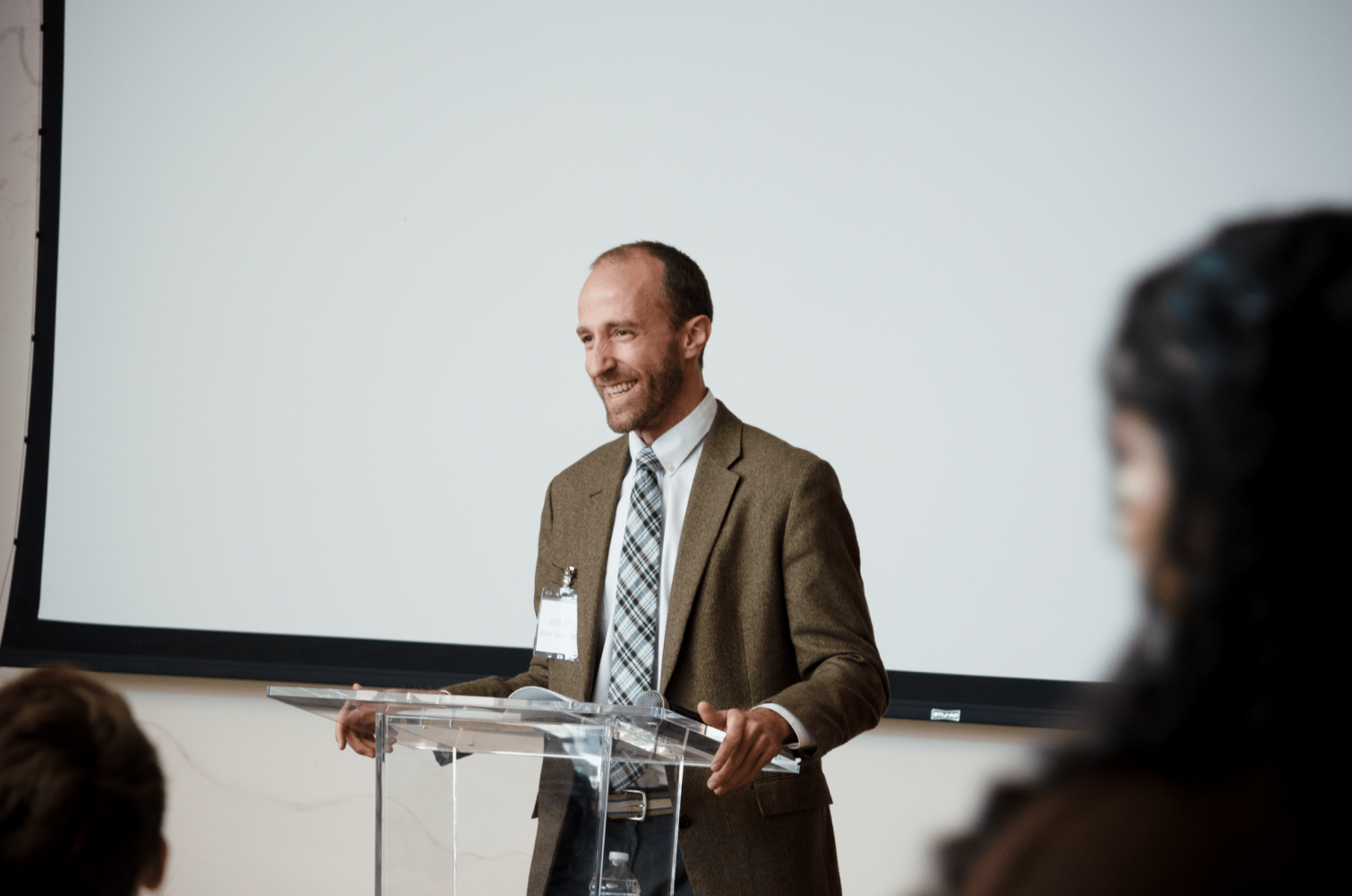
Pope Francis described the Church as “a mother with an open heart.” He added, “Everyone can share in some way in the life of the Church; everyone can be part of the community.”
What Really Happens When… You Attend the High School Newman Forum?
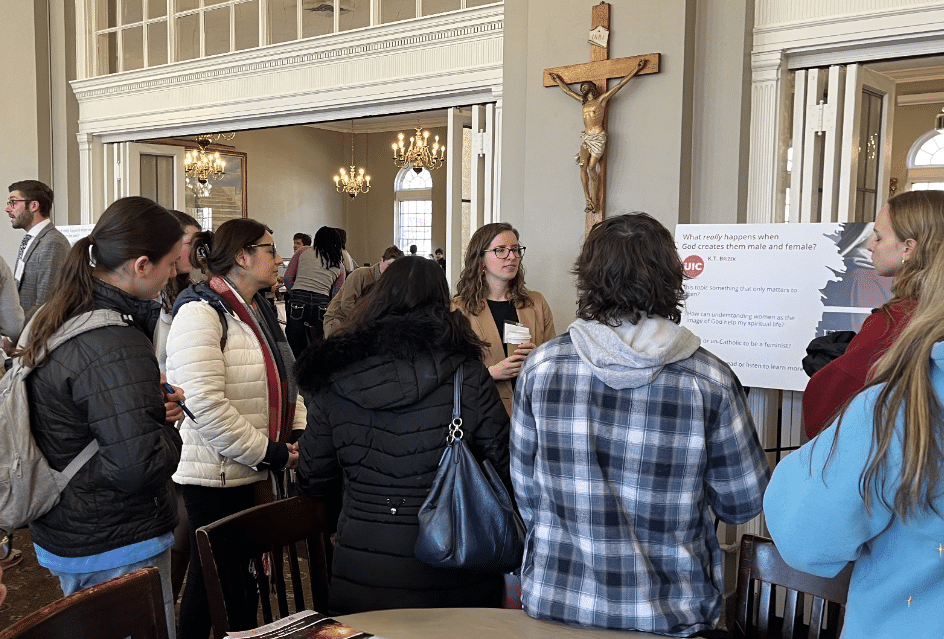
What really happens when you baptize a baby? When you protest nonviolently? When you remember? On March 1, over 250 high school students gathered to explore these questions and more as part of the annual Winter Newman Forum Conference.
Technology, Culture, and Virtue
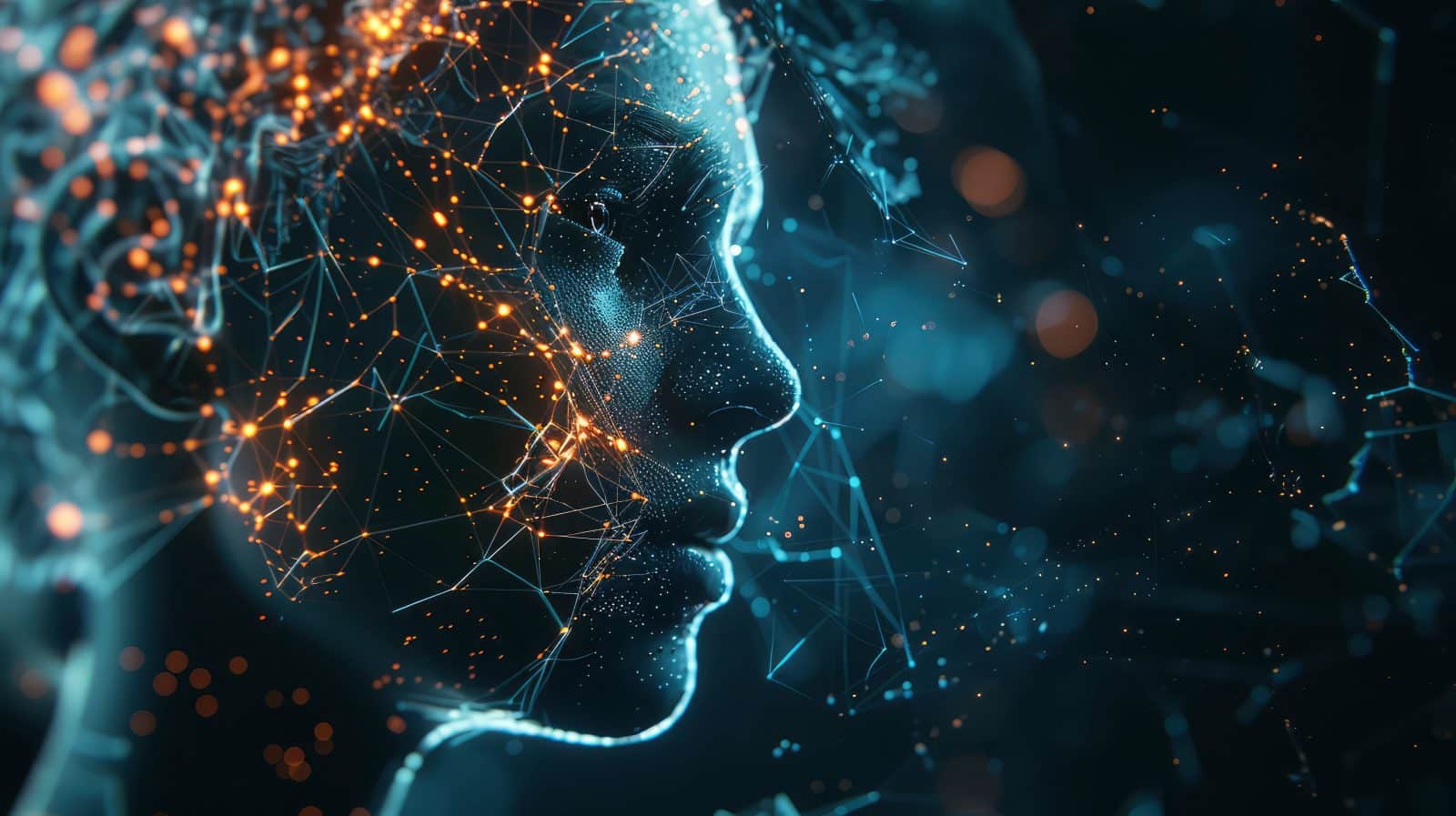
REGISTER HERE Open to current students and faculty. This event is in-person only. All registrants will receive copies of the selected readings via Dropbox and PDFs which should be read in advance of the class. An optional wine and cheese reception will follow. Technology is part of our everyday lives. Despite its everydayness, there remains something mysterious about it. In this master class, we will demystify technology, engaging it as a product of culture that both challenges and enhances culture. Readings: Martin Heidegger – “The Question Concerning Technology” Levis, Duganzic, and Scheirer – “Organoids are Multi-Cellular Engineered Living Systems: What…
The Human Person and Biotechnology: Artificial Intelligence and its Limitations
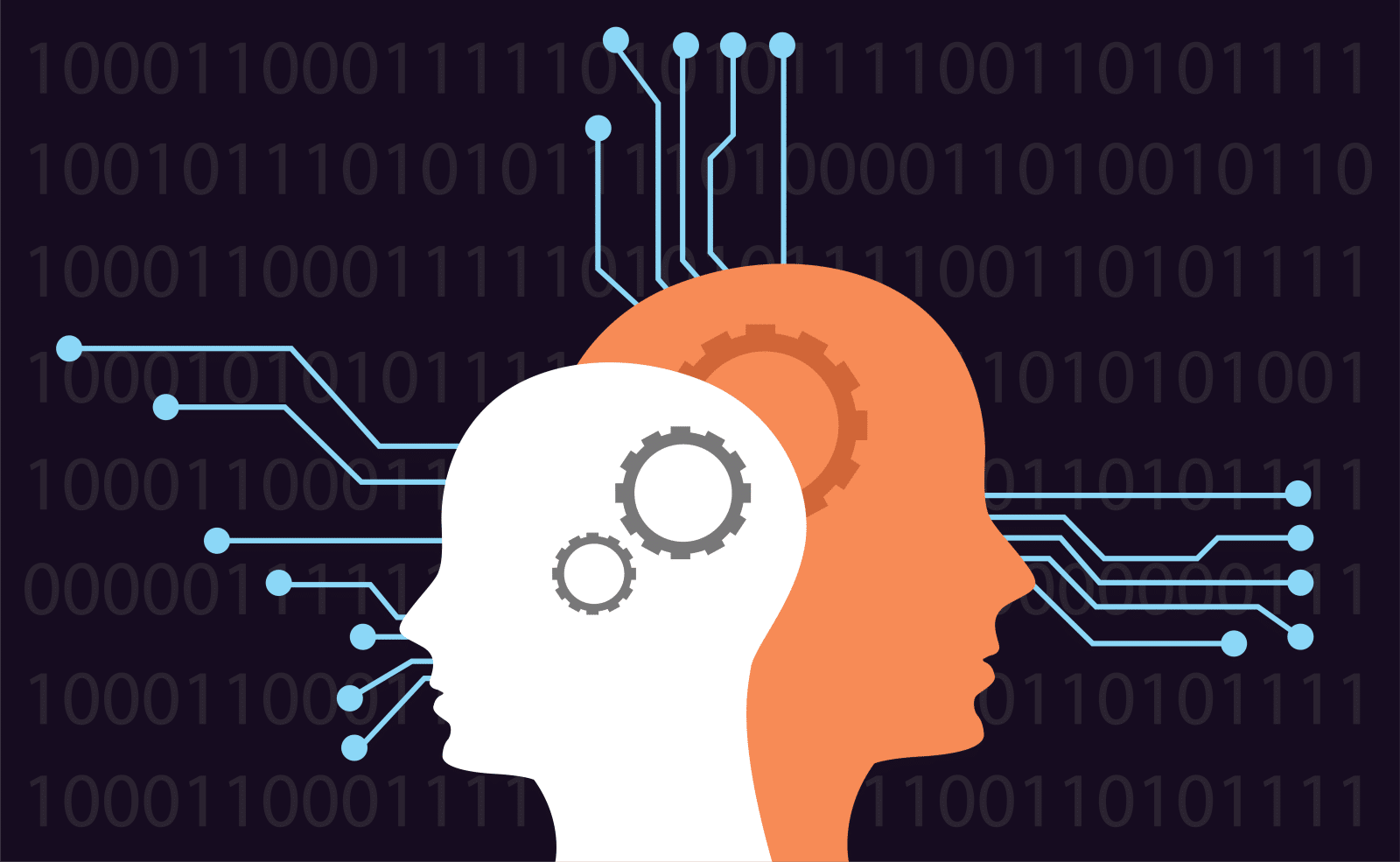
Artificial intelligence is increasingly interfacing with all aspects of human life, raising particular ethical challenges in medicine and biotechnology. The ethical challenges of AI must be grounded in the limits of the discipline it is applied to. Medicine has seen amazing advances in the last few decades, but these advances also raise questions about limits, especially in living patients. We must ask: What are the limits of medicine and biotech – and how does this translate into limits on the use of AI in these fields? This public panel will serve to explore what the limits in medicine and biotech are and what role the wisdom of the Christian tradition can play in forming them.
Magis Lecture | Faith, Belief, and Knowledge

“Believers are also thinkers: in believing, they think and in thinking, they believe.” So said St. Augustine of Hippo, in contrast to our typical assumption that belief and knowledge are opposites, with belief associated with religious faith and knowledge with scientific thinking. In actual practice, though, there are many of instances of belief in science and many claims of knowledge in religion. In this talk Fr. Adam Hincks, S.J. (University of Toronto) will present knowledge and belief as interlocking rational activities and explore how they relate to religious faith.
Non-Credit Course | The Bible and the Big Bang
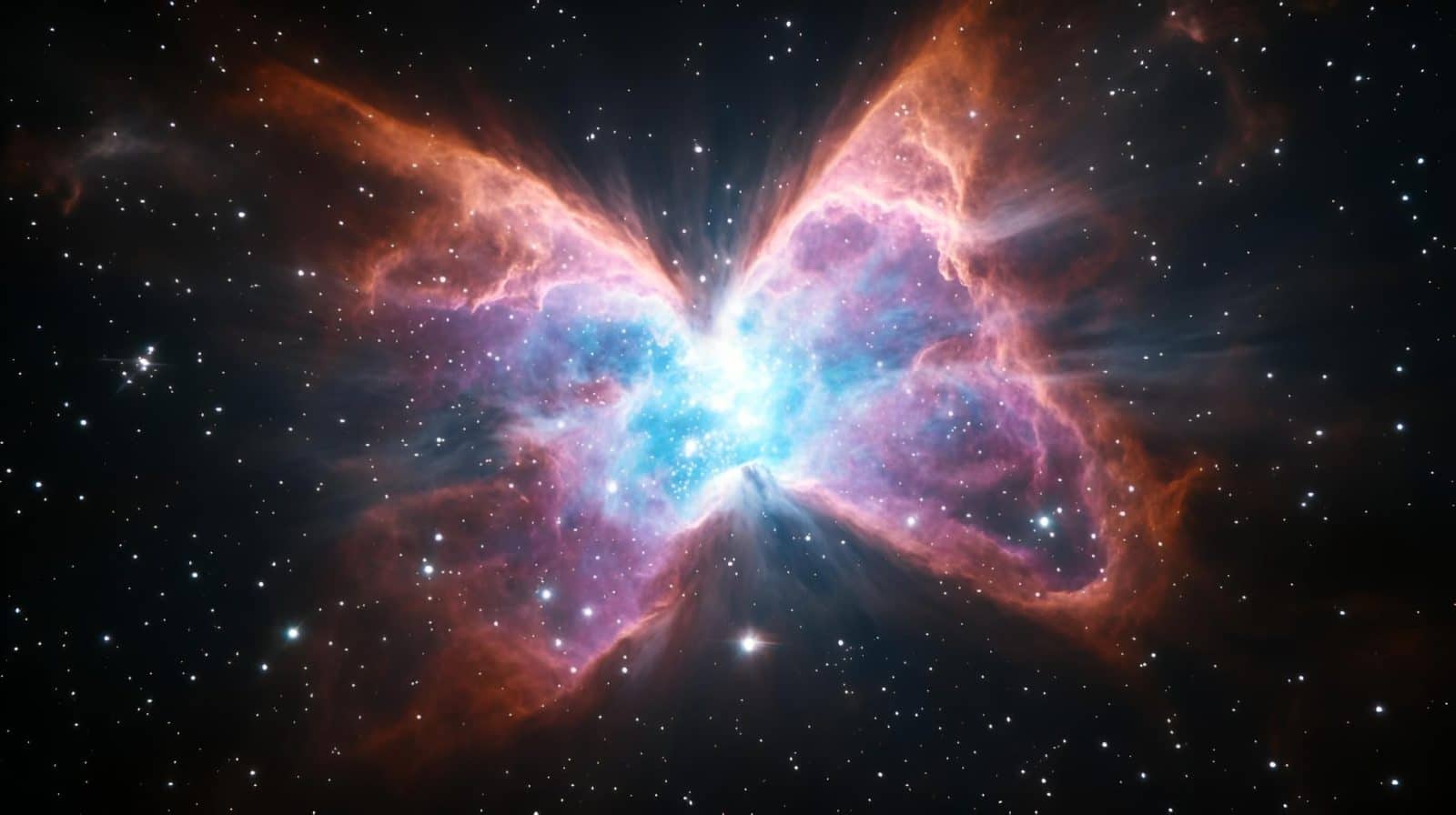
What is the relation between the Bible and the Big Bang? To many, it seems natural to connect the physical beginning of the cosmos with the Abrahamic doctrine of creation, but this association of science with philosophy and theology bears critical investigation. In this course, we will take a deep dive into both the science of the early Universe and the Biblically-rooted doctrine of creation from nothing, and explore what, if any, is the relation between them. Along the way we will engage with thinkers spanning from Philo of Alexandria in the first century to Stephen Hawking in the twenty-first century, and will explore topics such as the beginning of time, something coming from ‘nothing’, fine-tuning and design.
Non-Credit Course | Science and Religion: Historical and Philosophical Perspectives
REGISTER HERE This event is in-person only. Intended for university students, faculty, and staff. Others interested in attending please contact dstrobach@lumenchristi.org. This event is made possible through the support of ‘In Lumine: Supporting the Catholic Intellectual Tradition on Campuses Nationwide’ (Grant #62372) from the John Templeton Foundation. Registrants are free to attend as many sessions as they choose. Sessions do not presuppose previous attendance or prior knowledge of the subject. It is often assumed, on the basis of contemporary controversies, that science and religion have always been in an oppositional relationship, and that conflict between them is inevitable. In this course we…
Thomas Aquinas, Scientist: How Might He Approach 21st Century Biotechnology
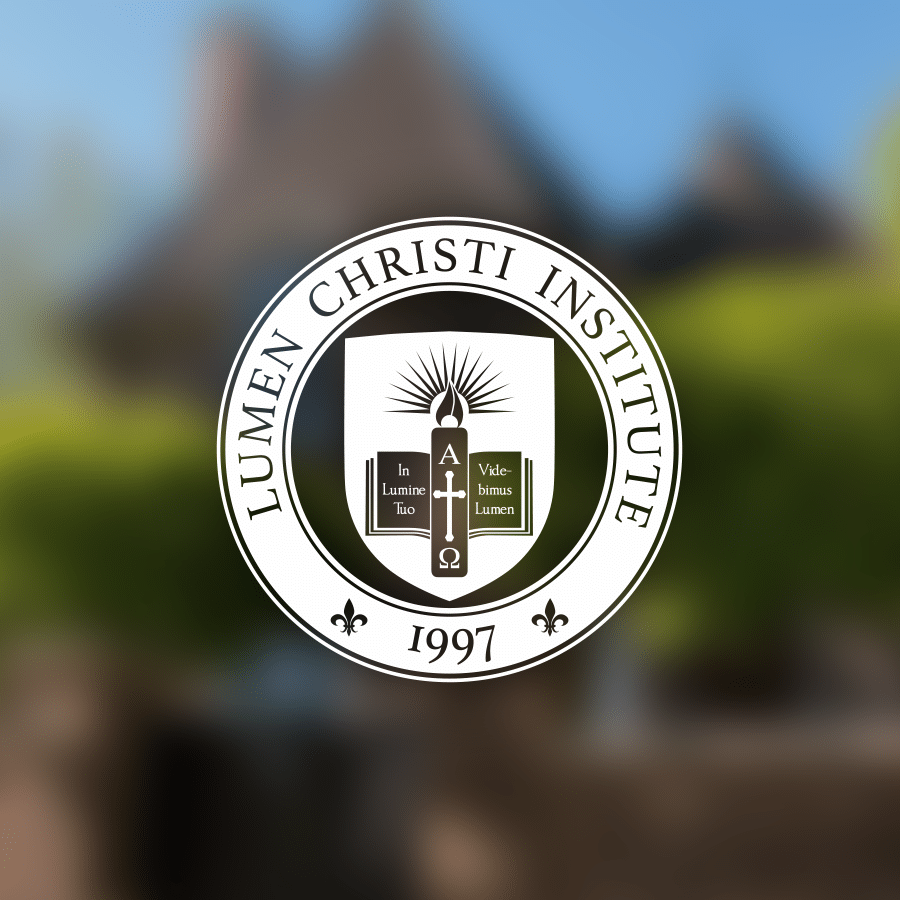
Despite flaws in his biology, Aquinas’ writings offer us guidance in our approach to 21st century biotechnology. Aquinas’ notion of a Just War provides us with a way for thinking about biotechnology, since both use morally ambiguous means to address evils in an imperfect world. A comparison of these two disparate issues can yield criteria for an ethics of biotechnology.